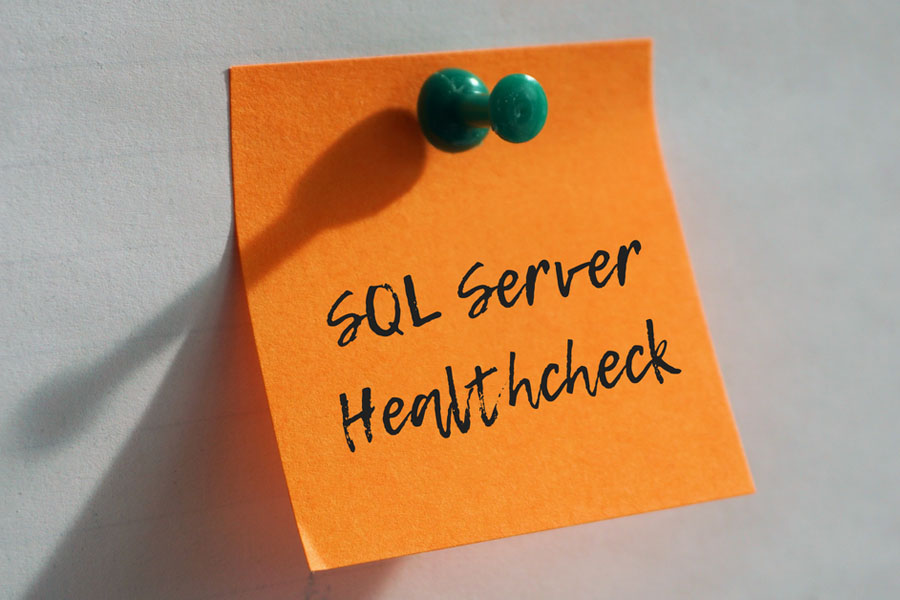Undertaking a health check is never a bad idea but in reality, how often do you get the time to carry out a thorough inspection of your SQL Server environment? With a never-ending list of priorities, whether it be moving to Azure or fighting to get a database back online, a health check rarely makes it on to the ‘to-do’ section of the scrum board. And if it does, it probably sits there until the stickiness of the post-it note dries out and it drops to the floor.
I get you. Life happens, databases fail and things need to get done.
At the same time, it’s not often I come across an IT Manager or CIO who can honestly say they have 100% confidence in their databases. That may be normal but how would you feel if you went to a dentist, doctor or physio who wasn’t 100% confident? It would be a concern to say the least.
Measuring how confident you feel is clearly subjective, so how do you know when you really are in need of a SQL Server Healthcheck? Here are 6 tell tale signs:
1. You’re suffering the effects of poor performance
Have you noticed that the time it takes to run a query has slowly but surely increased? Are your users complaining about applications crashing or running slow? Do you and your team talk about ‘the good ol’days’ when everything was simply faster? Poor performance is not fun, don’t let it continue.
2. You need more hardware
This could well be the case but don’t jump to conclusions. ‘We need more hardware’ is one of the most common misconceptions I hear. A health check almost always uncovers opportunities for optimisation. Streamline your environment and reduce the need for expensive infrastructure.
3. Your team don’t have time for innovation
If your team are fighting to keep the lights on, it’s a good chance there’s something wrong. A health check will help you uncover what you don’t already know and help you develop a failsafe plan to tackle the problem areas.
4. You haven’t implemented a Service Pack or Cumulative Update recently
If a Service Pack has been released in the last 3 months and you haven’t implemented it yet, it’s safe to say your databases are at risk. Services Packs and Cumulative Updates should be a high priority for any DBA. If these are getting put on the backburner, chances are your technical debt is building up.
5. You (or your DBA) are new to the job
I was a DBA for 15 years and I can say from experience that it takes a good 6 months, sometimes years to fully understand your environment. A health check will fast track the time it takes for you to get to know your servers and all their quirks
6. You’ve experienced an outage in the last 3 months
Outages happen. You may have found the root cause this time round but it’s likely you’ve got another 5 waiting to occur. A health check will help you identify the risks before they become issues.
If you are experiencing any of the above, get in touch.
WARDY IT Solutions offer SQL Server Database Healthchecks starting from $3950 ex GST. We guarantee you will see ROI if you are experiencing 2 or more of the above. What’s better, you don’t even have to make the time for it, myself or another member of my team will take care of everything.
I hope you found this post helpful. Find out what our SQL Server Database Healthcheck entails and see what checks we run. You can also download a copy of the report and workplan we provide at the end of the engagement.

